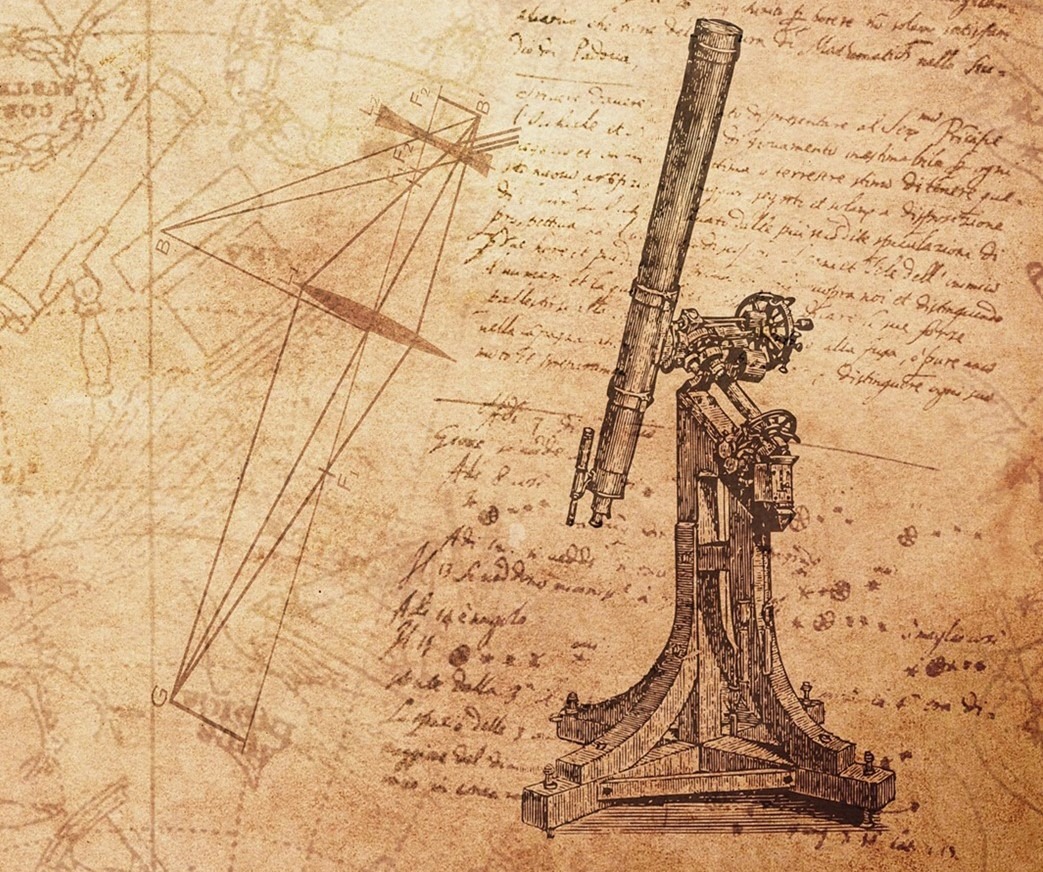Tycho Brahe, Johannes Kepler, and your lab partner
The laws of planetary motion were discovered by Johannes Kepler in the early 17th century. Kepler relied on the observations of another scientist: Tycho Brahe. Between them they paved the way for modern astronomy, but the way they worked together is also noteworthy. If your lab partner is getting on your nerves by, say, whistling incessantly, Brahe and Kepler can teach you how even the most strained relationships can result in brilliant results.
Tycho Brahe was a Danish nobleman. By the time Kepler joined him, he had fallen out with the King of Denmark and was working in a state-of-the-art observatory built for him by the Emperor of the Holy Roman Empire. He was aiming to create a new set of astronomical data. Brahe was an incredibly skilled observer, so his data was more precise and accurate than anything else available at the time. He lived a luxurious lifestyle that resulted in several misadventures. He lost his nose in a duel and at one point, he had a pet moose. The moose died when a friend of Brahe’s borrowed it for a party: it got drunk and fell down some stairs. Tycho Brahe is like your friend who wanders off on a night out and turns up days later, yet somehow still hands in his work on time.
These two men could not have been more different. The pair clashed. They argued regularly, and Brahe refused to share his data with Kepler
Kepler was from the family of a soldier and worked as a teacher before becoming Brahe’s assistant at the age of 27. He was deeply religious and self-effacing – if Brahe is your fun friend, Kepler is the guy you know who mostly keeps to himself, but when he lets something personal slip, it’s always wild. While at university, he cast horoscopes for the other students, and at one point his mum was accused of being a witch.
These two men could not have been more different. The pair clashed. They argued regularly, and Brahe refused to share his data with Kepler. After a few months, Kepler stormed off and only returned when Brahe offered him the job of examining the orbit of mars. Their partnership ended with Brahe’s death in 1601. Brahe left his observations to Kepler, who succeeded him in the role of Imperial Mathematician in Prague. Waiting for your lab-partner to die is perhaps not the best way of dealing with your issues, but after the third consecutive hour of listening to their whistling, it can be tempting.
Left alone, Kepler was able to make a startling discovery. In 1604, Kepler discovered his first law: that planets orbit the sun in ellipses. This was a huge revelation because it was thought that the heavens were perfect, so the planets would move in perfect shapes like circles. Kepler’s First Law could not have been found without Brahe’s exceptional data. Kepler also found two other laws, and together these laws of planetary motion became the foundation for modern astronomy.
If you’re unsure where on the Brahe-Kepler scale you fall, pretend you’re on Buzzfeed and take this handy quiz!
Are you a Kepler or a Brahe?
Your lab notes are…
a) somewhere under my piles of paper
b) organised by date and backed up on a hard drive
When your experiment doesn’t work you…
a) note down the measurements and try again
b) check the lab script
Your biggest problem in labs is that…
a) you’ve taken lots of measurements, but you aren’t sure why
b) you wish you could have done a theoretical degree
If you answered mostly ‘a’, you are a Brahe. Your practical skills are sharp, but your blasé attitude might be annoying your lab partner. If you answered mostly ‘b’, you’re a Kepler. You like to think your way out of problems, just remember to have some fun too!
No matter where you lie on the Brahe-Kepler scale, it’s important to remember that the laws of planetary motion needed both a Brahe and a Kepler to be discovered. No matter how well you get on with your lab partner (please stop whistling Tom), the story of Tycho Brahe and Johannes Kepler teaches us that science needs a mix of personalities to progress. And also, don’t let your pets get drunk.


Comments